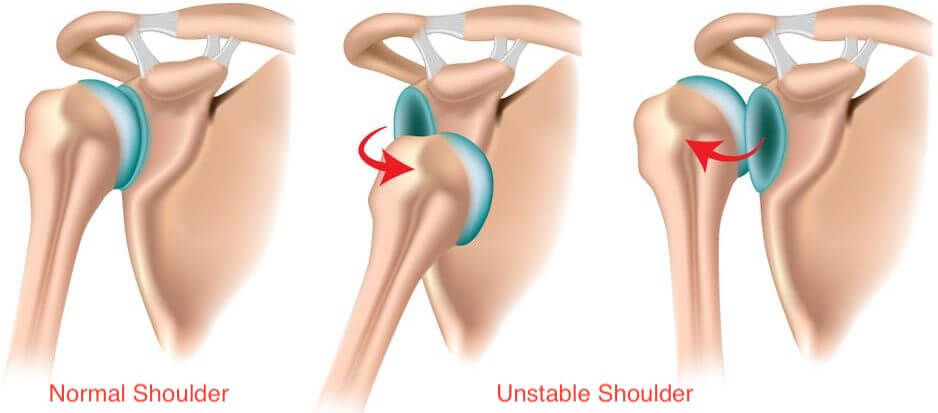Augmentation Procedure for Shoulder Instability
Augmentation Procedure for Shoulder Instability – Enhanced Stability for Recurrent Dislocations

Augmentation procedures for shoulder instability are advanced surgical techniques used to reinforce soft tissues or bony structures in patients with recurrent shoulder dislocations or failed previous surgeries. Dr. Gautam Kodikal offers a range of augmentation strategies including bone grafting and tendon transfers to restore stability and prevent future dislocations.
When is Augmentation Necessary?
Augmentation is considered when standard repair techniques like Bankart repair are not sufficient due to bone loss or poor tissue quality. Indications include:
-
Recurrent Shoulder Dislocations: Especially after previous failed surgeries
-
Glenoid Bone Loss: More than 15-20% bone loss of the shoulder socket
-
Engaging Hill-Sachs Lesions: Deep indentations on the humeral head contributing to instability
-
Hyperlaxity or Poor Tissue Quality: Where soft tissue repairs alone are not reliable
Types of Augmentation Procedures Performed
-
Latarjet Procedure: Transfer of coracoid bone to augment glenoid bone and provide sling effect
-
Remplissage Technique: Fills the Hill-Sachs defect using soft tissue to prevent engagement
-
Bone Grafting: Allograft or autograft used to reconstruct lost glenoid bone
-
Tendon Transfers: Used to enhance stability in complex cases with muscle imbalance
Benefits of Shoulder Instability Augmentation
-
Reduces risk of recurrent dislocation and instability episodes
-
Improves confidence in shoulder movement and performance
-
Allows return to sports or demanding activities with greater shoulder control
Why Choose Dr. Gautam Kodikal?
Dr. Kodikal is renowned for managing complex shoulder instability cases with precision and evidence-based care. His approach includes:
-
Expertise in bone and soft tissue augmentation techniques
-
Customized surgical planning using advanced imaging and 3D analysis
-
Dedicated post-surgical rehabilitation support for optimal outcomes
Take the First Step Toward Shoulder Stability
If you're facing repeated shoulder dislocations or failed previous repairs, augmentation procedures can offer lasting relief. Schedule a consultation with Dr. Gautam Kodikal to discuss personalized options to stabilize your shoulder and regain function.

.png)
.png)

.png)